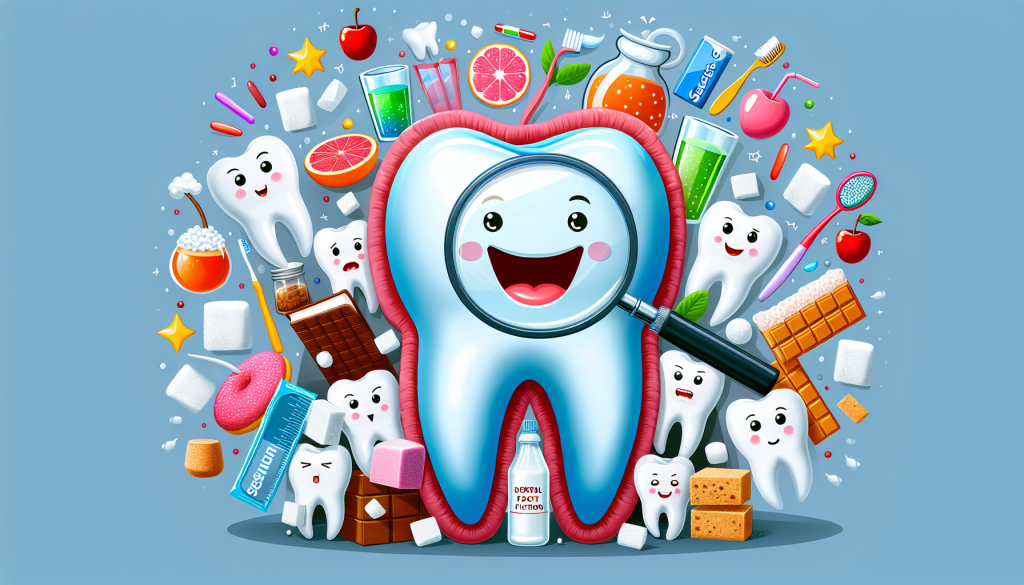
Tooth or Consequences: Separating Dental Fact from Fiction
Tooth or Consequences: Separating Dental Fact from Fiction
We have all heard various dental advice and warnings from our family, friends, and even the internet. But how do we know what’s true and what’s just a myth? In the world of dental health, it’s crucial to separate fact from fiction to maintain healthy and beautiful teeth. Let’s take a closer look at some of the most common dental myths and get to the truth of the matter.
Myth: You Only Need to Brush Your Teeth Once a Day
Many people believe that brushing their teeth once a day is enough to prevent cavities and maintain good oral health. However, this is far from the truth. Dentists recommend brushing your teeth at least twice a day, ideally after every meal. Brushing helps remove plaque and food particles from your teeth, preventing tooth decay and other oral health issues. Skipping brushing sessions can lead to plaque buildup and eventually, tooth decay.
Fact: Flossing is Essential for Good Oral Health
While brushing is essential, it doesn’t remove all the plaque and food particles from between your teeth. That’s where flossing comes in. Flossing helps remove debris and bacteria from areas your toothbrush cannot reach. Without flossing, you are not cleaning 35% of your tooth surfaces, which can lead to plaque buildup, cavities, and gum disease. Therefore, make sure to floss at least once a day to maintain optimal dental health.
Myth: Chewing Gum is Bad for Your Teeth
Gum is often associated with cavities and bad oral health, but the truth is, chewing sugar-free gum can actually be beneficial. Chewing gum helps increase saliva production, which neutralizes acids in your mouth and washes away bacteria and food particles. It also helps strengthen your teeth by delivering extra calcium and phosphate. So, if you’re not able to brush your teeth after a meal, chewing sugar-free gum can be a good alternative.
Fact: Regular Dental Checkups are Crucial
Many people believe that they only need to visit the dentist when they have a toothache or another dental problem. However, regular dental checkups are essential for maintaining good oral health. Dentists can detect early signs of dental issues such as cavities, gum disease, and oral cancer before they become more severe and require expensive treatments. They also provide professional cleanings, which can help prevent dental problems from developing.
Don’t let misinformation affect your dental health. It’s important to consult with a professional and trusted dentist for accurate information and advice. By knowing the facts from fiction, you can take better care of your teeth and enjoy a brighter and healthier smile.